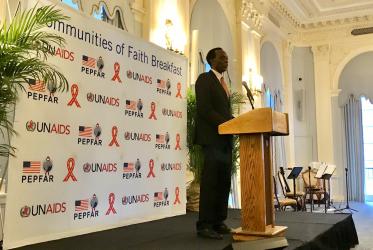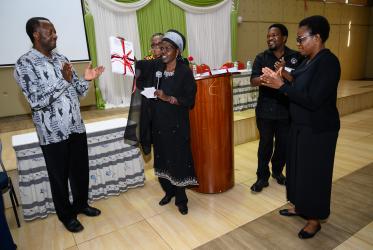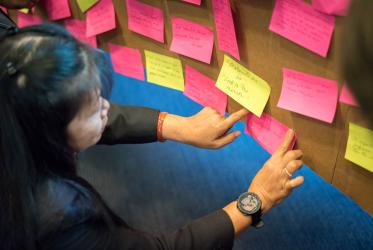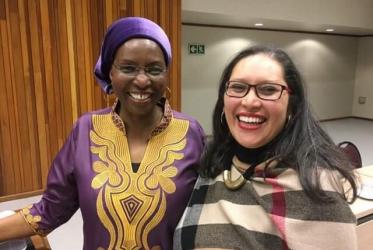Displaying 1 - 20 of 82
Faith and HIV treatment go hand in hand
06 March 2019
Dr Cecile De Sweemer, the doer of God
30 November 2018
Pan African Women of Faith issue fervent Call to Action
20 November 2018
Worrying food shortages compel faith action
19 October 2018
What difference does dressing in black make?
02 August 2018
Working toward an AIDS-free generation
26 July 2018











